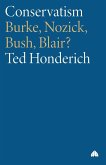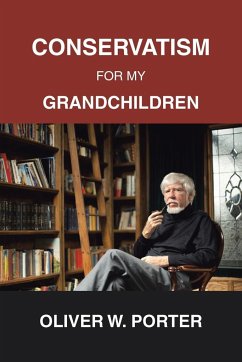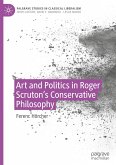In the first half of the twentieth century, the rationalist tide had reached its high mark in the arts, politics, and work. But the Holocaust, the Gulag, and other failures have dimmed the popularity of rationalism. However, the evidence of those practical failures would not have been as convincing as it was if not for the existence of a theoretical diagnosis of the malady. This book compares and contrasts the ideas of some of the leading twentieth-century critics of rationalism: Hans-Georg Gadamer, F.A. Hayek, Aurel Kolnai, Alasdair MacIntyre, Michael Oakeshott, Michael Polanyi, Gilbert Ryle, Eric Voegelin, and Ludwig Wittgenstein. While each can be seen as a critic of rationalism, were they each attacking the same thing? In what senses did their analyses overlap, and in what senses did they differ? Clarifying these issues, this book will provide important insights into this major intellectual trend of the past century. By including these major thinkers, Tradition v. Rationalism, we see that that these thinkers believed that tradition should still have a place in the world as a repository of wisdom. As our lives becomes increasingly dominated by various forms of rationalisms-whether political, technological, economic, or cultural-we need to ask ourselves whether this is the type of world in which we want to live; and if not, how can we critique and propose an alternative to it? The thinkers in this book provide us a starting point on our journey towards thinking about how we can have a more hopeful, humane, and brighter future.
Hinweis: Dieser Artikel kann nur an eine deutsche Lieferadresse ausgeliefert werden.
Hinweis: Dieser Artikel kann nur an eine deutsche Lieferadresse ausgeliefert werden.








